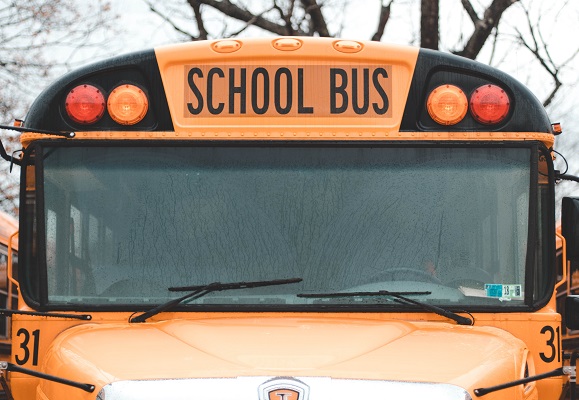As a matter of public policy, if the Democrat party is behind something, it is probably bad for women and children, minorities, individual rights, human dignity, liberty, individual responsibility, taxes, education, or the future. Whatever they call it, it does the opposite or something radically tangential to its advertised purpose.
I was reminded of this by a reader in Claremont who wrote to me to say, “If democrats are for or against something, then I should vote the opposite way.”
The focus of this maxim was some content from Dems in Wolfeboro, New Hampshire. They are getting uppity about a piece of legislation that would cap spending on school budgets state wide.
New Hampshire is a Dillon’s rule state. Local subdivisions of government are limited to the authorities given them by the state government. Without any direction, towns and cities have latitude, which includes dopey things like plastic straw or bag bans and more concerning infringements on property rights, like local town and school budgets.
The fastest way to strangle a town budget is to open a public school. The latter sucks up all the resources to feed its overhead while the product of its genesis – educating future citizens, becomes at best a tertiary exercise. Public schools, as the reader also noted, are “kind of like municipal welfare for a select group of educators, administrators, and bureaucrats.”
This is brilliant because that’s precisely what it is, and those Dems in Wolfeboro who benefit from this redistribution of wealth (some of which ends up in their campaign coffers) oppose HB675. In their words,
This bill mandates a restrictive budget cap on every school district in the state. This would cause significant harm to our public education system by restricting our ability to make decisions about our schools locally and likely forcing cuts to programs such as arts, music, sports, civics, and AP offerings in order to pay for state and federally required expenses.
The argument is that schools need unfettered spending, or children will suffer, but they’ve had that for decades, and today’s children learn less. These kids are more likely to suffer physical or mental health issues and cognitive or educational impairment. More of them consider suicide or embrace drug abuse. And nearly half of them will be unable to read or do math at grade level when the school pretends they’ve graduated.
Money has nothing to do with any of that, and only a blind fool or someone with a vested fiscal or political interest would object to limiting the growth of these institutions. HB675 does not defund them, nor does it cut their budget. It restrains their cancerous growth. It says, stop raping your local property owners to fund the pricey progressive cultural center doing business as a public school.
Civics, by the way, is required ‘learning” in Granite State. It can’t be cut. And aren’t AP offerings racist and colonialistic? Nothing else listed by the Dems crying in Wolfeboro has anything to do with learning to read, think, or add – which are more like electives sold as necessary to round out an education they don’t provide.
The system is broken. Throwing money at it only enables them—like gasoline on a dumpster fire.
School budgets these days have almost nothing to do with education, and until we find a way to fix that, any effort to slow the destruction of communities, 70% of whose tax burden is spent on funding them, is both sensible and necessary.
Oh, and Democrats don’t like it.
